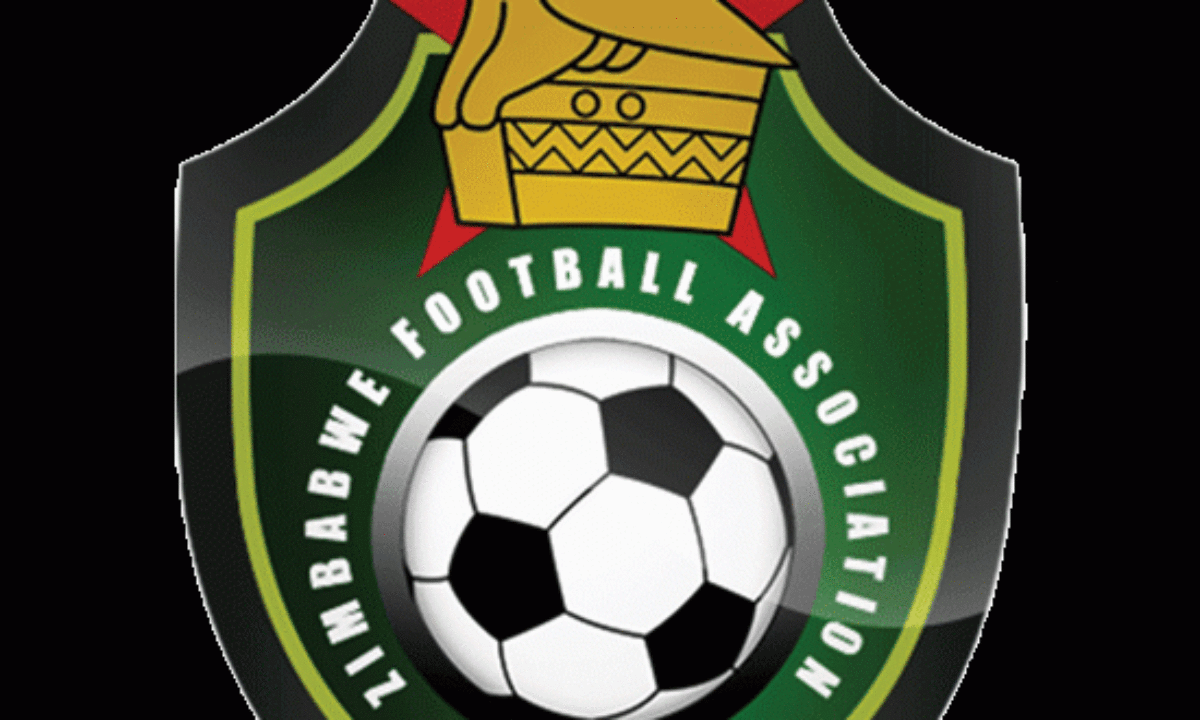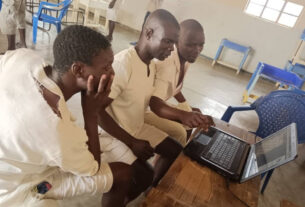THERE has been some noise, with certain quarters clamouring for the return of football last week but Zifa and the Premier Soccer League (PSL) have cited funding as the biggest hindrance.
Football is arguably the country’s most popular sport and Zimbabweans last watched local competitive football in the 2019 season.
The lucky ones managed to watch Highlanders and FC Platinum in battle for the Castle Cup Challenge at Barbourfields Stadium in March last year.
Sadly that was to be the last sporting event to be attended by fans in the country before Government imposed a national lockdown to curb the spread of Covid-19.
All sporting activities were banned includng football as part of measures to curb the spread of the pandemic.
Fifa released US$1,8 million to help Zifa restart the beautiful game.
In its wisdom, Zifa channelled the bulk of the funds to affiliates with no known competitive programmes while the 18 PSL clubs that should have been used as a pilot to resume the game each received US$5 000.
The US$5 000 was supposed to cushion clubs and help them prepare for the restart, but it was too little considering costs required to sustain a bio-bubble camp that each team should have gone into for two weeks.
While other countries have found a way to safely stage sporting activities during the Covid-19 pandemic, Zimbabwe’s sports administrators have remained in lockdown with virtually no clue as to what steps to take.
Zifa hasn’t submitted a comprehensive request to the Sports and Recreation Commission detailing standard operational protocols it will implement should request to resume be granted.
According to a PSL draft, emphasis is on testing and compliance at training and match venues.
This is seen as less costly compared to the bio-bubble concept.
This means substantial funding is needed to cater for the routine testing of players whether they are in a bubble or not.
An observer said clubs needed to know that without fans, sponsorship and TV rights, football resumption will hit them hard financially.
“Clubs are already incurring costs and these costs will escalate when football is being played. Because of lessons from the second wave (Warriors and FC Platinum Covid-19 positive cases), any approval will require testing at least once a week as a minimum. Testing will be required every three days if players are going to be coming from home for training and matches,” said the observer, who requested anonymity.
He indicated that although the English Premier League is being conducted in a bio-bubble, Covid-19 tests are done twice a week.
“So the bottom line is that football can resume as long as appropriate levels of protocols are maintained. My advice would be to draw up a budget showing minimum costs involved and circulate it to clubs for a way forward to be mapped.
“But remember clubs don’t want to just spend without generating revenue.
“The major costs driver is the Covid-19 testing. Credible testing labs are charging anything between US$50 and US$80. Consider a squad of 30 players, 10 technical staff, administration staff and grounds staff and you are looking at around 65 in total. At an average of $60 that gobbles up to US$3 900 per week,” he said.
The observer said the major challenge is that Zimbbwean football has over the years failed to attract sponsors.
“The biggest danger we are in right now is that over the years our football has failed to build confidence within the corporate sector. We are now facing a situation that needs the support of the corporate world under strained economic conditions. Let’s lobby our captains of industry to support our sport if footbal is to resume under these restrictions,” he said. —chroncielco.zw




